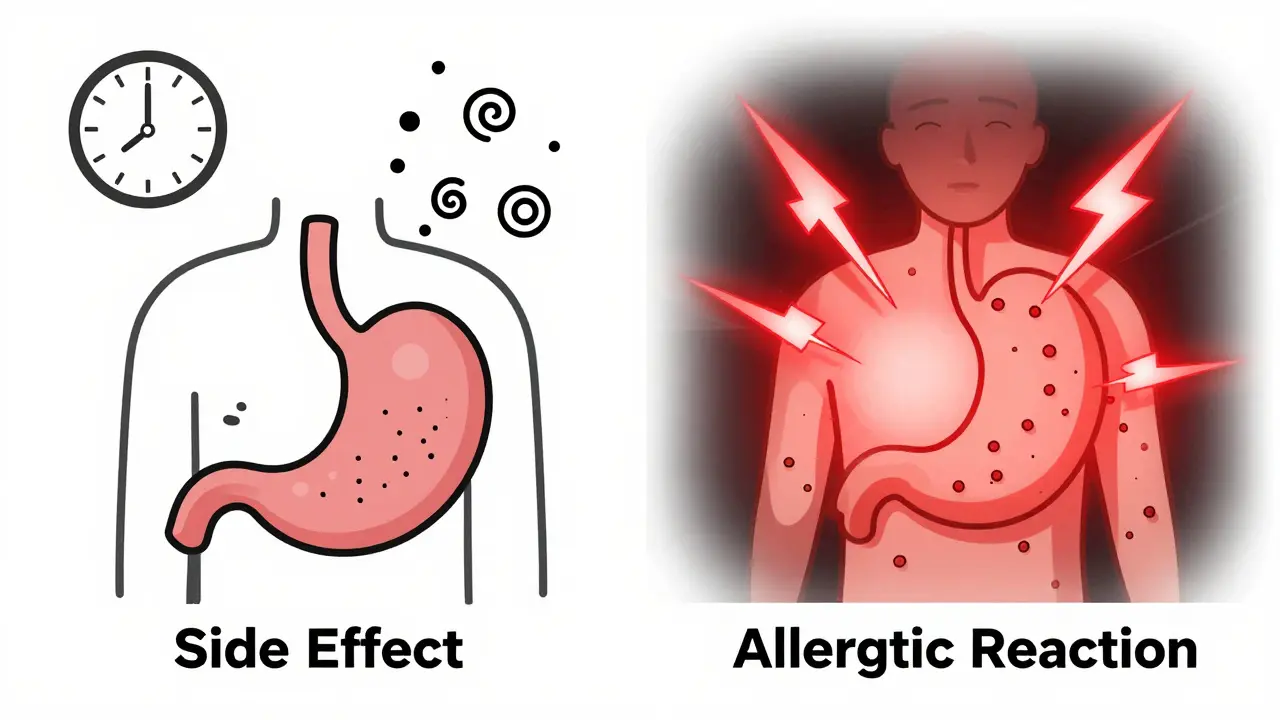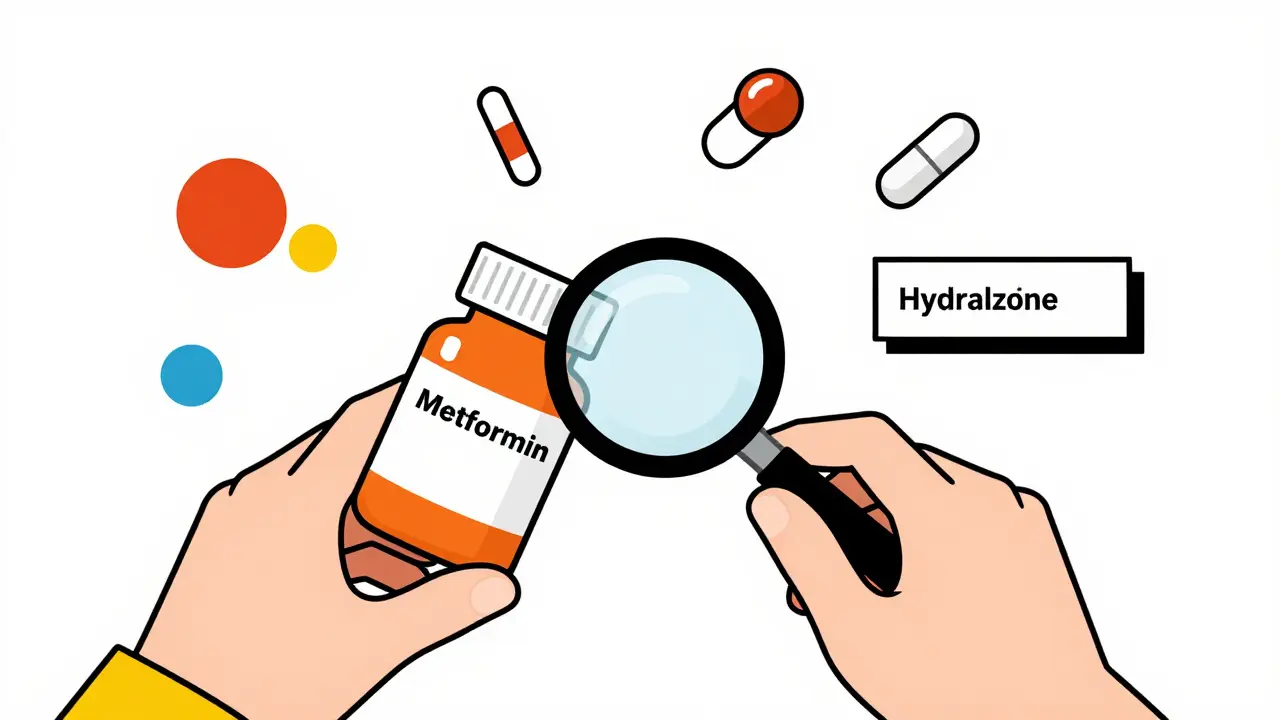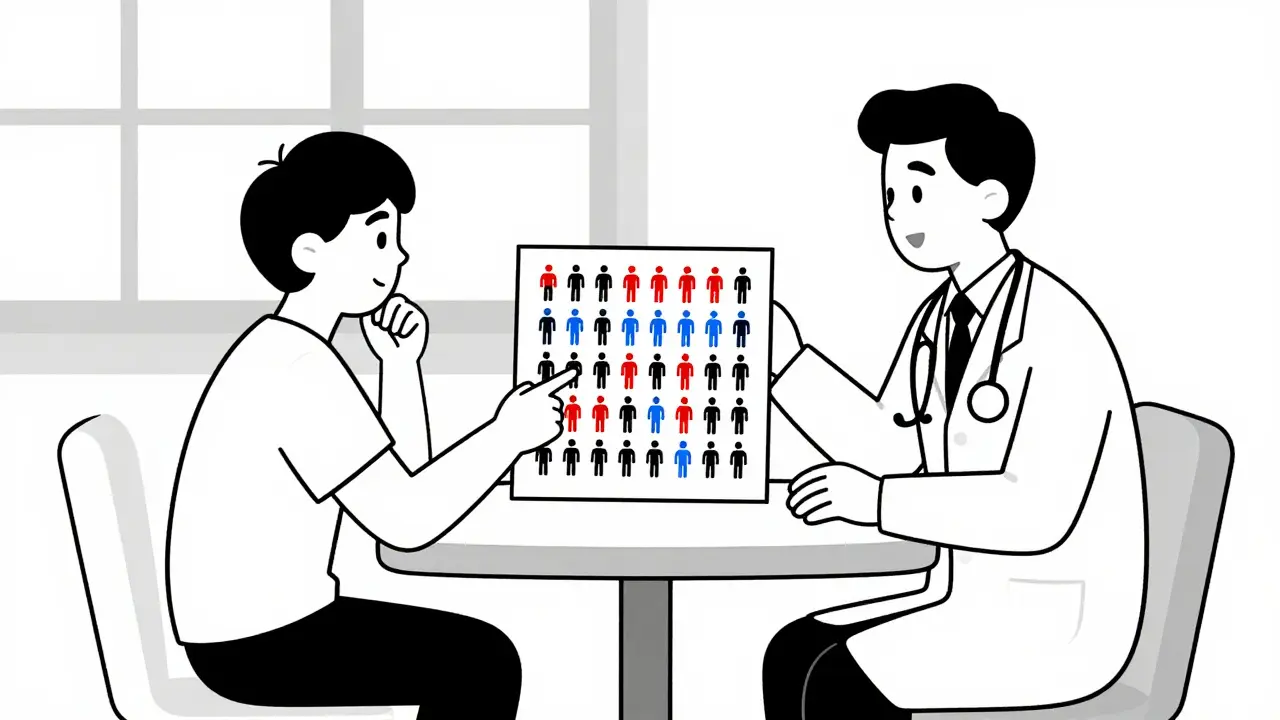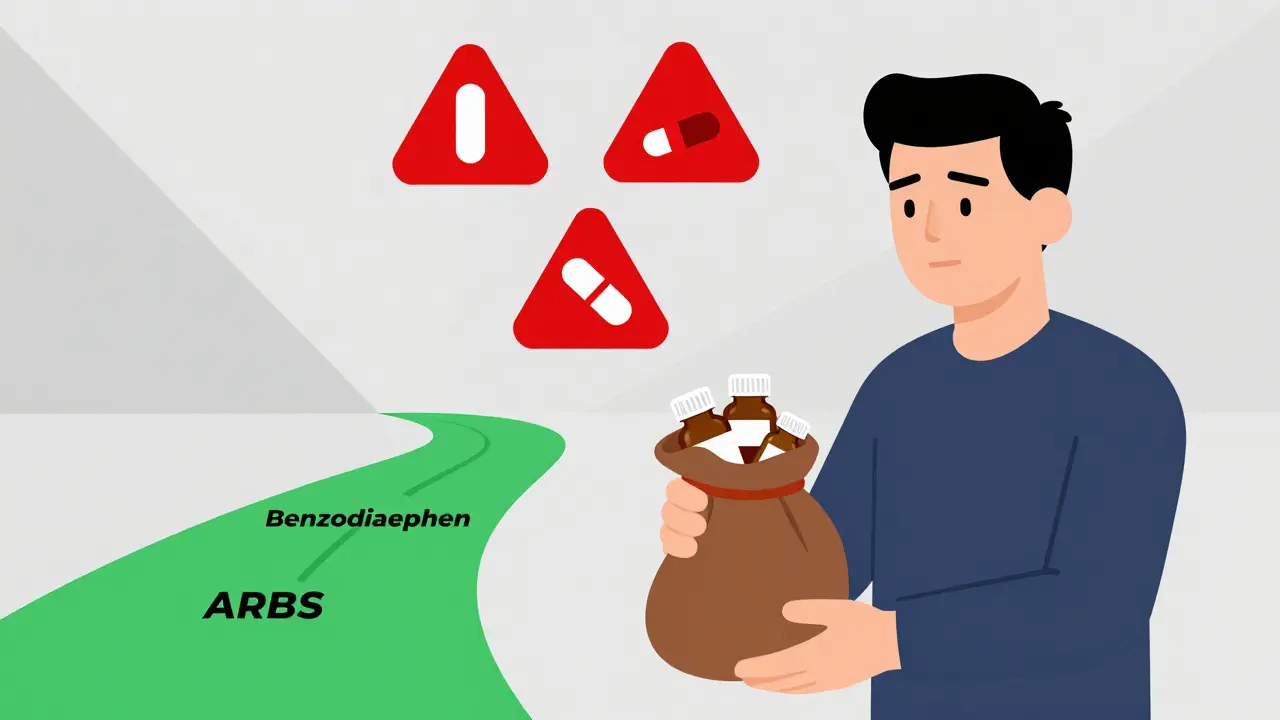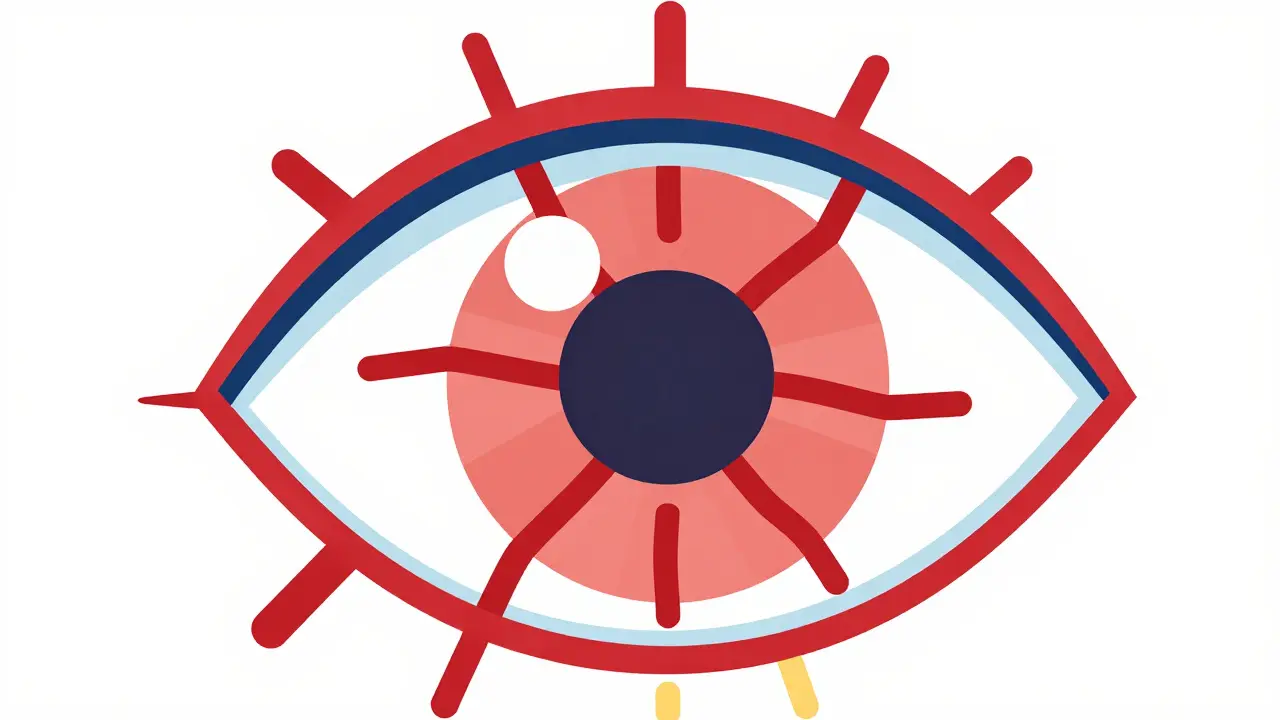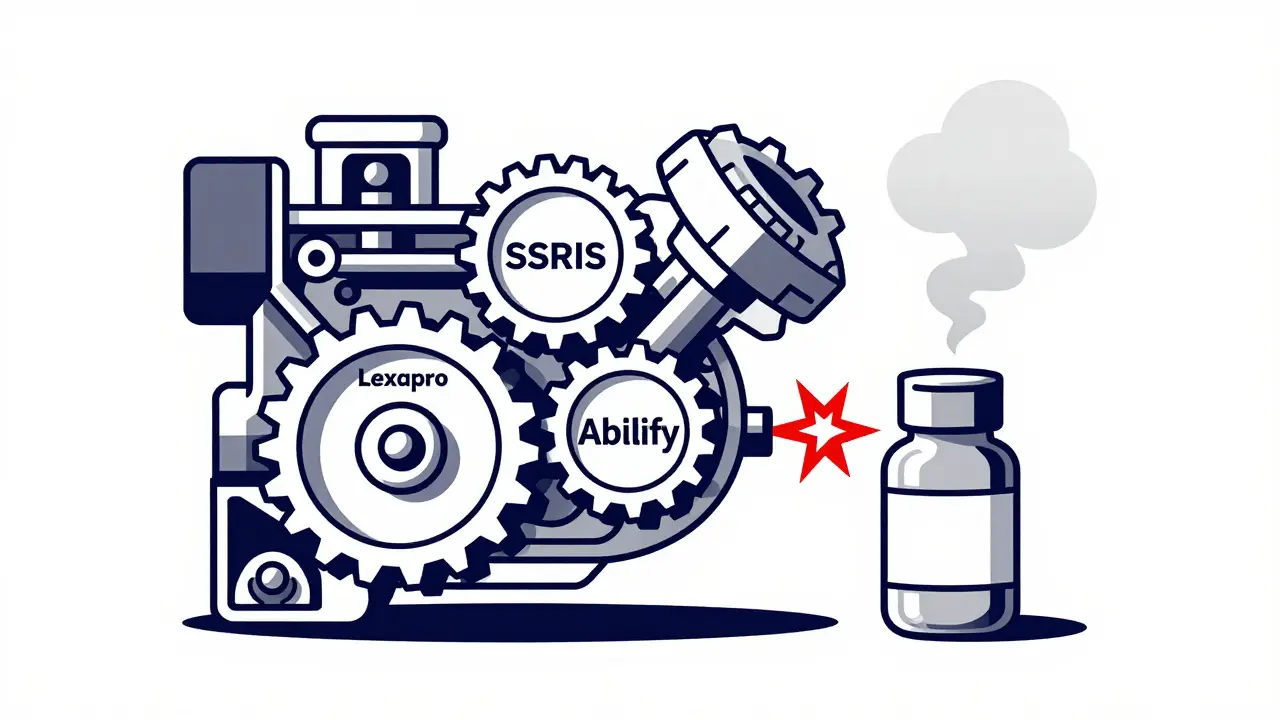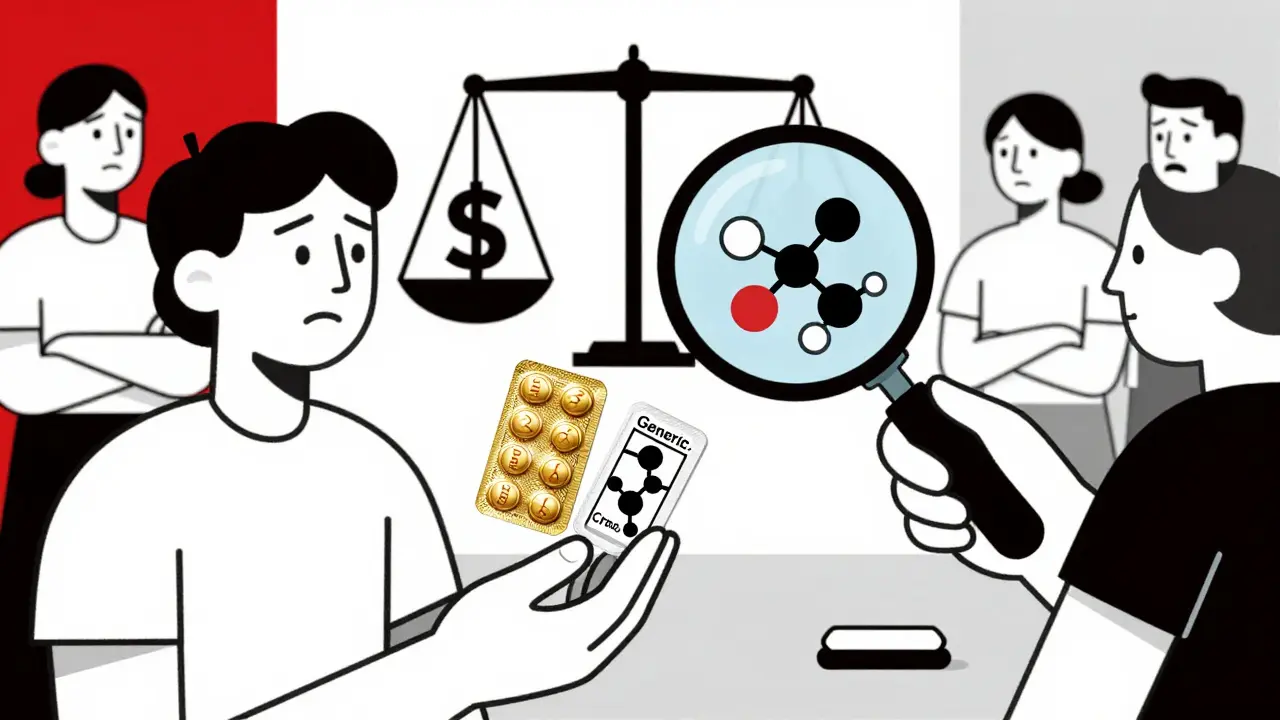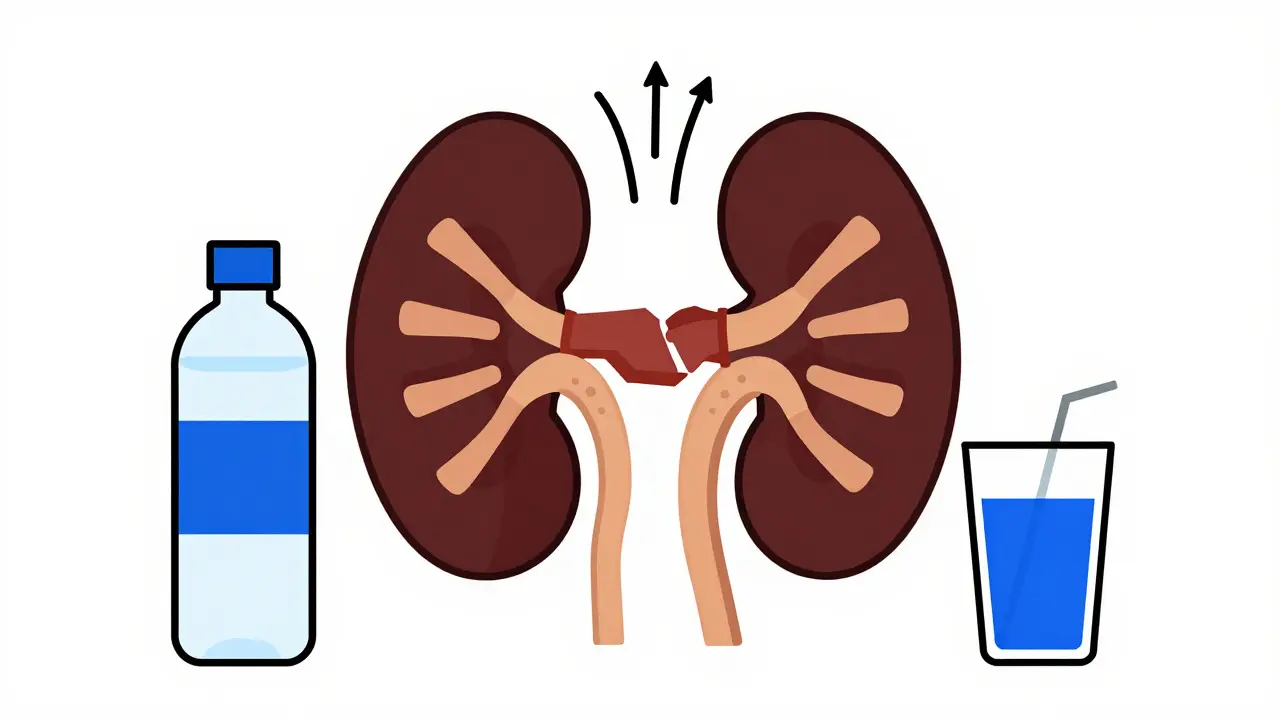Health Information – Simple Guides for Medicines, Online Pharmacy Safety & Everyday Wellness
When you’re juggling family health, school, work, and everything else, you need quick, reliable info that actually helps. That’s why this page pulls together the most practical drug guides, safety checklists, and health tips you’ll find online. No jargon, just what matters.
Here you’ll find articles on everything from how to tell if an online pharmacy is legit, to side‑effect warnings for common prescriptions, to smart ways to use vitamins and supplements. Whether you’re hunting for a cheap generic warfarin or wondering if Rogaine 2% is right for you, we’ve got a clear, step‑by‑step guide.
Buying Medicines Online Safely
First things first: never assume a website is safe just because it looks professional. Check for a valid pharmacy license, look for the UK’s MHRA seal, and read customer reviews. If a site asks for payment before confirming a prescription, that’s a red flag.
Next, compare prices. A huge discount can mean the product is counterfeit or that the pharmacy isn’t following proper storage rules. Trusted UK pharmacies usually list a price range and clearly state whether the drug is prescription‑only.
Finally, keep a copy of your prescription and any INR or blood‑test results if you’re on blood‑thinners like warfarin. Having that paperwork handy makes it easier to verify the pharmacy’s legitimacy and helps you stay on track with monitoring.
Quick Tips for Everyday Health Decisions
When you read a drug guide, focus on three things: what the medicine does, the most common side effects, and how to take it correctly. For example, Lyrica is great for nerve pain, but you’ll want to know it can cause dizziness, so avoid driving until you know how you react.
Look for dosage instructions that match your age, weight, and health condition. If you’re buying a supplement like Alfacip (calcitriol), check whether you need a blood test to monitor vitamin D levels first.
Always talk to your pharmacist or doctor before mixing drugs, especially if you’re adding over‑the‑counter items like Zantac for heartburn. Interactions can be subtle but serious.
Another handy habit: write down any new symptom you notice after starting a medication. This simple log helps you spot side effects early and gives your healthcare provider clear information.
We update our guides regularly, so you’ll see the latest price ranges, safety alerts, and regulatory changes. Dive into the articles below, bookmark the ones that match your needs, and feel confident making health choices for yourself and your family.
Got a specific drug or health question? Use the search bar at the top of the site and type the name. You’ll land on a page that breaks down the basics, safety tips, and where to find the medication legally. It’s that easy.
Stay safe, stay informed, and let us help you cut through the noise so you can focus on what really matters—feeling your best.
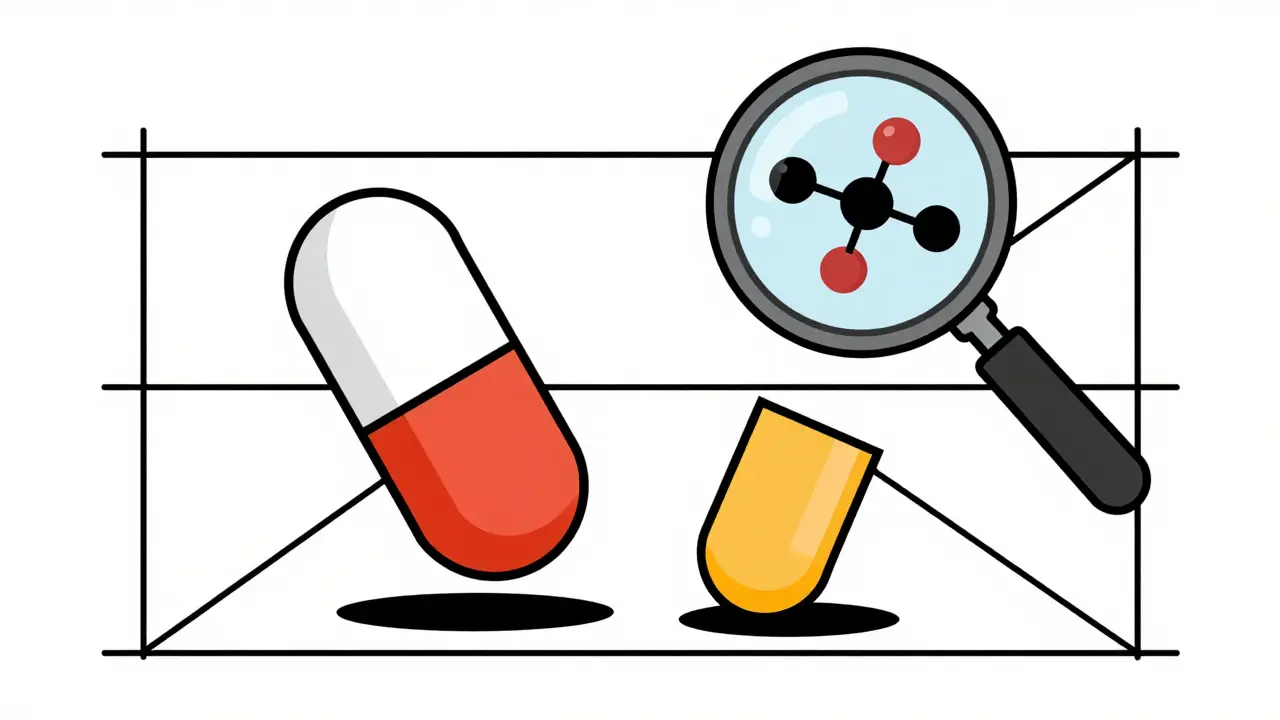
Learn the complete step-by-step FDA generic drug approval process through the ANDA pathway, including requirements, timelines, common pitfalls, and how generics save billions annually.
- Read More
- Jan, 28 2026
